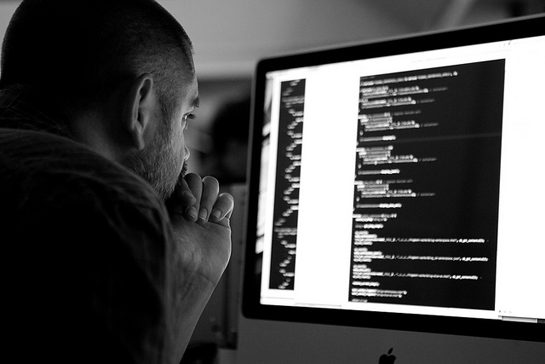Software developers interested in journalismNorthwestern and The Washington Post want you!
Northwestern University and The Washington Post are offering a unique opportunity for two talented software developers interested in applying their programming skills in media and journalism. Here’s the proposition: (1) a full-tuition scholarship to earn a master’s degree in journalism at Northwestern University, followed by (2) a six-month paid internship with The Post’s world-class engineering team, with the possibility of subsequent full-time employment. These opportunities are made possible by the John S. and James L....

